Shayan Sardarizadeh is a senior journalist covering disinformation, extremism and conspiracy theories for BBC Monitoring’s disinformation team as part of BBC Verify. Since Hamas attacked Israel on 7 October, he’s debunked dozens of misleading visuals on social media and published his findings on widely read threads on Twitter, now known as X.
Tagged with hate speech
Tate’s views may appeal to teenagers, but he is currently detained, awaiting trial for rape and human trafficking. He denies all allegations, and has pledged $100m (£85m) to start a charity in his will for men faced with false accusations.
Tate was banned from Twitter for saying women should “bear responsibility” for being raped.
But assertions that Tate’s rise is a product of today’s young men and their views are wrong. In fact, Tate repeatedly failed to build a personal brand until TikTok gave him the means to saturate news feeds.
Archives of his website show that his business and his pitch to young men was the same four years ago as it is today. As far back as 2019, his website promised courses that would “have your girlfriend obey every command”.
So if Tate’s ambitions and pitch to young men have stayed the same, what changed? The answer lies in how Tate learned to game TikTok’s algorithm, allowing his content to flood millions of news feeds.
It is not difficult to imagine harmful or abusive behaviours being present on social media. What can be challenging to deal with is the presence of popular online personalities or influencers who become well-known and even famous for exhibiting this behaviour over online platforms. This is especially concerning when children and young people begin to view this harmful content online.
iNEQE's online safety experts have recently received reports of children as young as 11 quoting online personality Andrew Tate at school, even resulting in acts of violence towards female peers. We have taken a closer look at who Tate is, as well as the behaviours he encourages.
For the first time Prevent, the government's counter-terrorism programme, has had more referrals linked to far-right extremism than Islamist extremism.
Online hate speech in the UK and US has risen by 20% since the start of the pandemic, according to a new report.
Youth charity Ditch the Label commissioned the study, which analysed 263 million conversations in the UK and US, between 2019 and mid-2021.

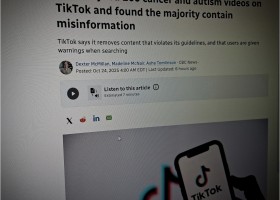



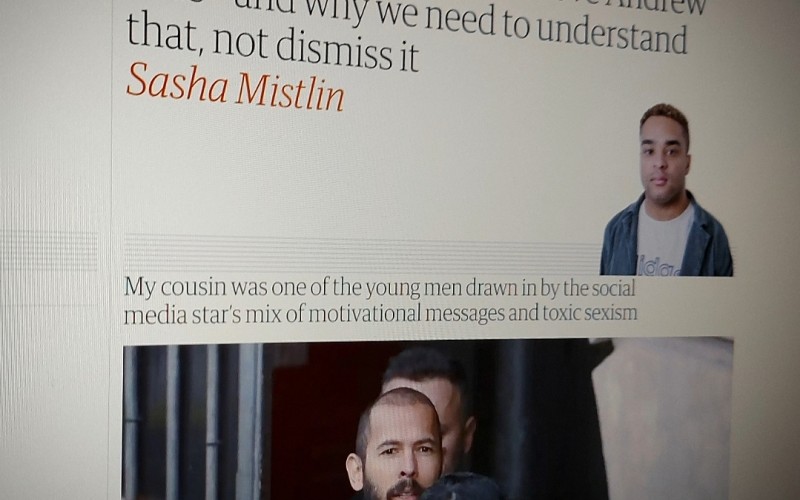
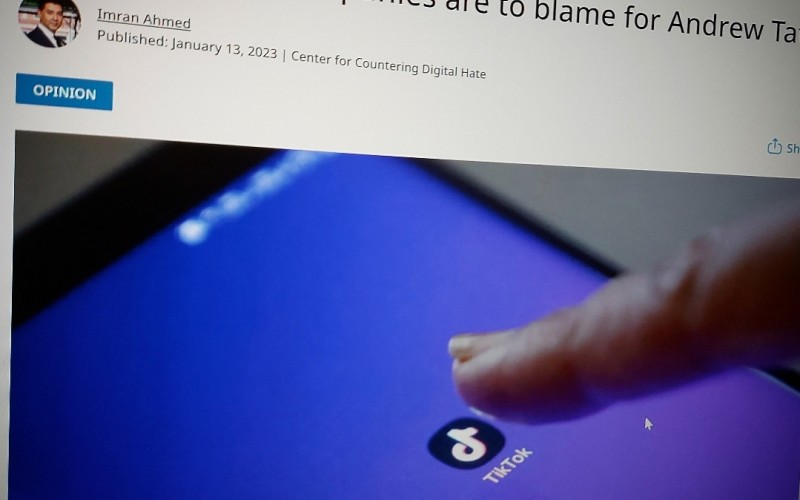
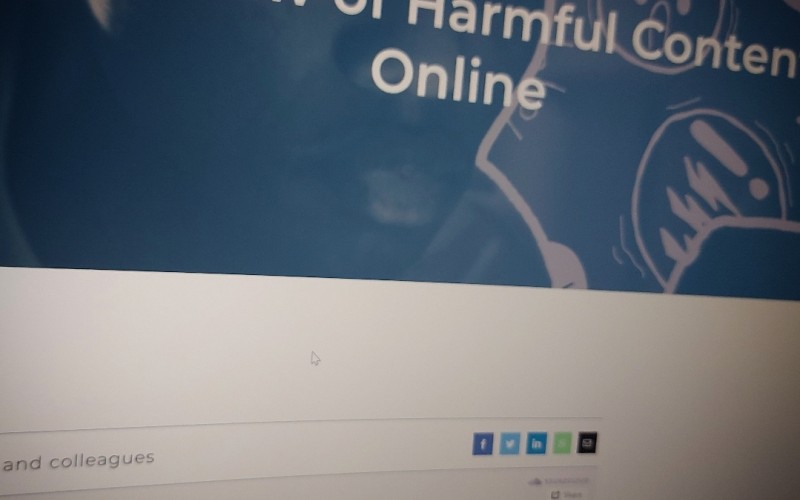
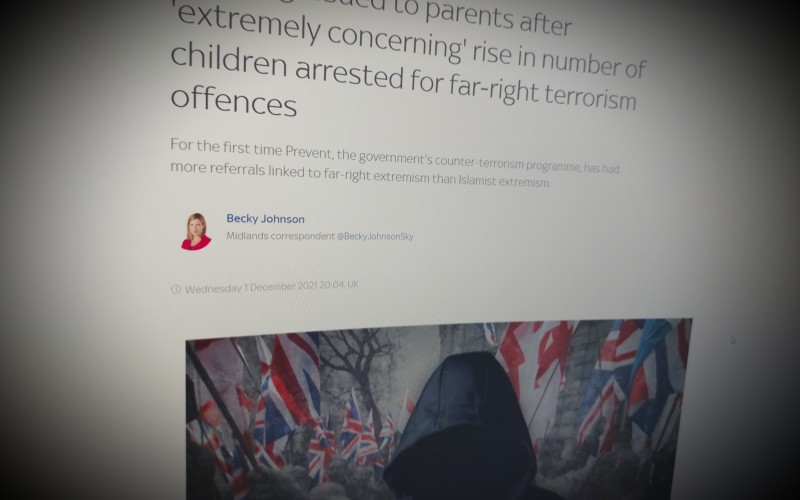
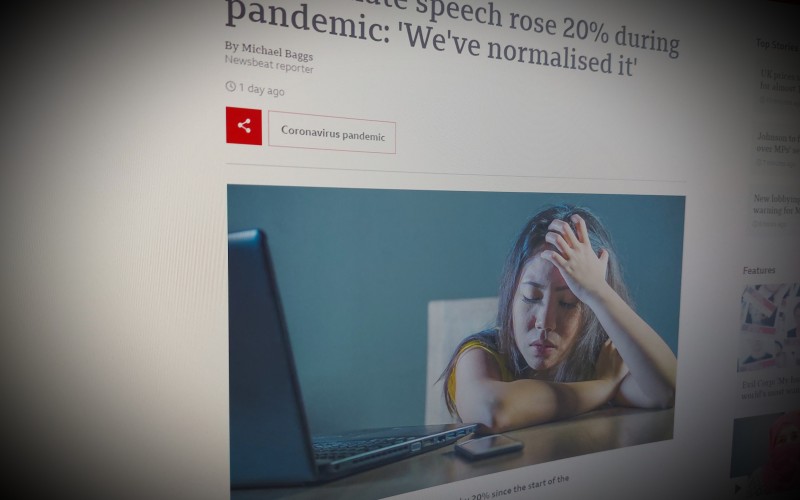
Comments
make a comment